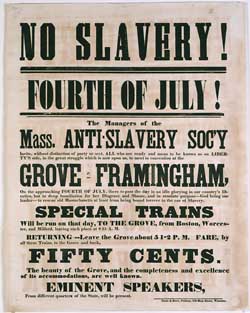If a people's wealth, being, or privilege is based on standing on the backs of others, the struggle or jeopardy of the situation is that they are living on uncertain time--a time that will disappear once those who are on their backs eventually stand straight. For those who stand on the backs of others, they have not known true work for what they have attained since they have not earned what they have by their own efforts--at least not on the basis of their own grit and determination that emerged from their personal character of inner strength and resilience. They must live lives continually wondering when the dream will end, when the property will be returned to those who have rightfully fought for what is in the hands of a usurping group.
A usurped dream is a delusion, a farce, a hoax, that survives on borrowed time, terms, and values. For those who benefit from its ongoing perpetuation, the dream is more of a pending nightmare.
